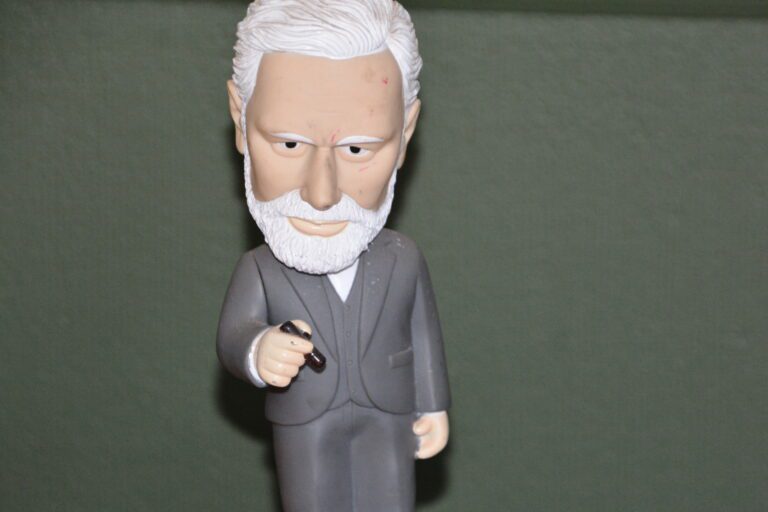
I was surprised to read a feature story by Joseph Bernstein in this Sunday’s New York Times entitled “Back to the Couch with Freud.” Bernstein’s piece announced a resurgence of interest in psychoanalysis as people have slowly grown aware that positive self-talk, relaxation therapy, goal setting, mindfulness and visualization tips are of little value.
As a psychoanalyst, I have been treating professional athletes over the last 25 years and I by now am convinced that all those quick fix, positive psychology mantras like “relax” Just do it” or “Think positive!” are useless. There is no such thing as a free lunch, a quick fix or a magic pill. Quick fix solutions have been promoted by insurance companies for many years due to the promise of cost-savings and big pharma has also encouraged quick easy fixes to complex problems. Welcome to this brave new world.
Cognitive behavioral quick fixes are touted as being based upon scientific research, but the truth is that the data does not support its claims of a cure. So when I read Joseph Bernstein’s discussion of the re-emergence of Freudian therapy, I was delighted. This is a needed paradigm shift that I have been writing about for many years.
The history of clinical psychology really started with Freud in about 1900 and for 50 years it was the treatment of choice for neurosis and human anguish. But at mid-century all this shifted and voila we started to hear about B.F. Skinner, Pavlovian conditioning, Albert Ellis, Aaron Beck, and the magic power of positive reinforcement to alter mood and behavior. The behavior modifiers and cognitive therapists suggested that Freud was a quack and that notions like the unconscious, the id, and the super ego were all nonsense.
However, a listing of Freud’s numerous concepts reveals just how deeply he has penetrated the minds of most sentient humans. He was the guy who discovered the talking cure, the unconscious, resistance, transference, libido, the influence of sex, the death wish, guilt feelings, slips of the tongue, repression, rationalization, dream analysis, denial, dissociation, the function of humor and the value of asceticism and sublimation. He wrote over 60 books in his career.
People have grown tired of therapists telling them to think more positively and take a tranquilizer. This trivializes human nature, human complexity and human suffering.
The Bernstein piece featured Ilan Zechory, a guy who once ran a big digital tech company, stepped down and undertook the five years, five days a week on the couch training it took to become a psychoanalyst. Zechory was quoted as saying, “I always had a sense that there was no free lunch, psychologically.” This is a true statement.
Most of my patients come to my office with an unconscious fantasy that the cure will be quick and easy. And I always respond to this fantasy by saying, “If I could provide you a cure to suffering in three sessions, I would be charging $100,000 per session and I would be getting it.” They smile and usually agree.
Human suffering is great, the human mind is complex and it resists change. But that doesn’t mean that the cause is hopeless or that there is no path to happiness. “The Divine Comedy” was about a man who was lost in the woods, depressed at mid-life and wanted to go straight up the mountain to heaven. But when he tried to do so, the path was blocked by two beasts.
He rushed back into the woods where he met the poet Virgil, who told him if you want to find happiness and heaven, you must first follow me down through hell, then purgatory. “The Divine Comedy” is considered one of the greatest epic poems ever written because it contains that profound piece of wisdom.
Freud was also like Virgil. He informed the world that the only way to get to heaven and to get to your fair measure of joy is to first face the hell of your own past, buried within your unconscious.
This is a bitter pill to swallow and the culture has been resisting this truth for over 70 years since the promise of the quick fixes. I am pleased to see that finally the world is coming around to this mature realization expressed in the Bernstein piece.
There is no free lunch, quick fix or magic pill. That happens only in the movies.







